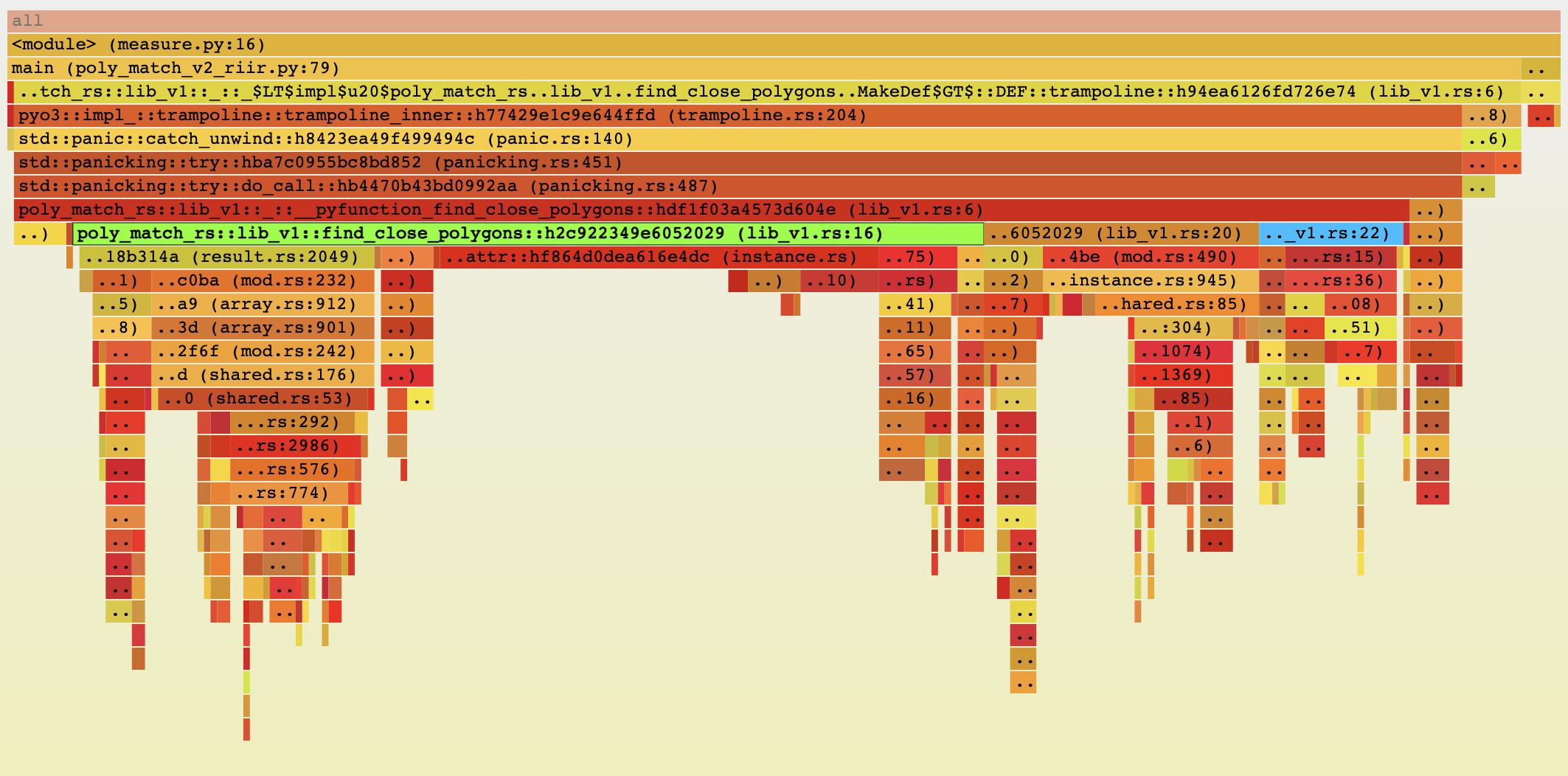- cross-posted to:
- [email protected]
- rust
- cross-posted to:
- [email protected]
- rust
Shamelessly cross-posting this …
I usually read news like this so this is my opinion about this subject: python is a good language for prototype, PoC, and general tasks where performance and security is not really important. For other uses languages like C, C++, Rust, Fortran, and libs like MIPS are better option. I think every language has its pros and cons, so the optimal is select the best language for the particular task, no try to change the language for be the best in all aspects (it is impossible).
There is also lots of fields where Python performance isn’t the bottleneck. In my backend web application, Python isnt holding us back and actually help us deliver features faster. And we can scale to much more clients before performance starts being an issue.
My last project was a legacy Django web app, that actually worked fairly well, the problem was the shitty codebase but it was in Production for almost 10 years, thousands of users and everything worked
I agree with you. Python us a good language and it suites very nice for a lot of productive uses cases. The problem is when high performance is a mandatory requirement, in this cases I suggest other options better than Python.
I do agree with you on performance, but what makes python unsuitable where security is important?
Dynamic typing is a potential source of security problems
there can also ne inertia for existing projects though. for example it can be tough to get more research-y work (eg grad students) to switch over from r/python/Matlab for data processing in favor of c/rust
They could probably have gotten similar results by using a combination of numpy and numba. They could also have just written a C extension which they basically did. The key is to get the final code to run both in parallel and vectorize on your exact hardware. So there are compiler flag choices too if your using C. Nice though.



